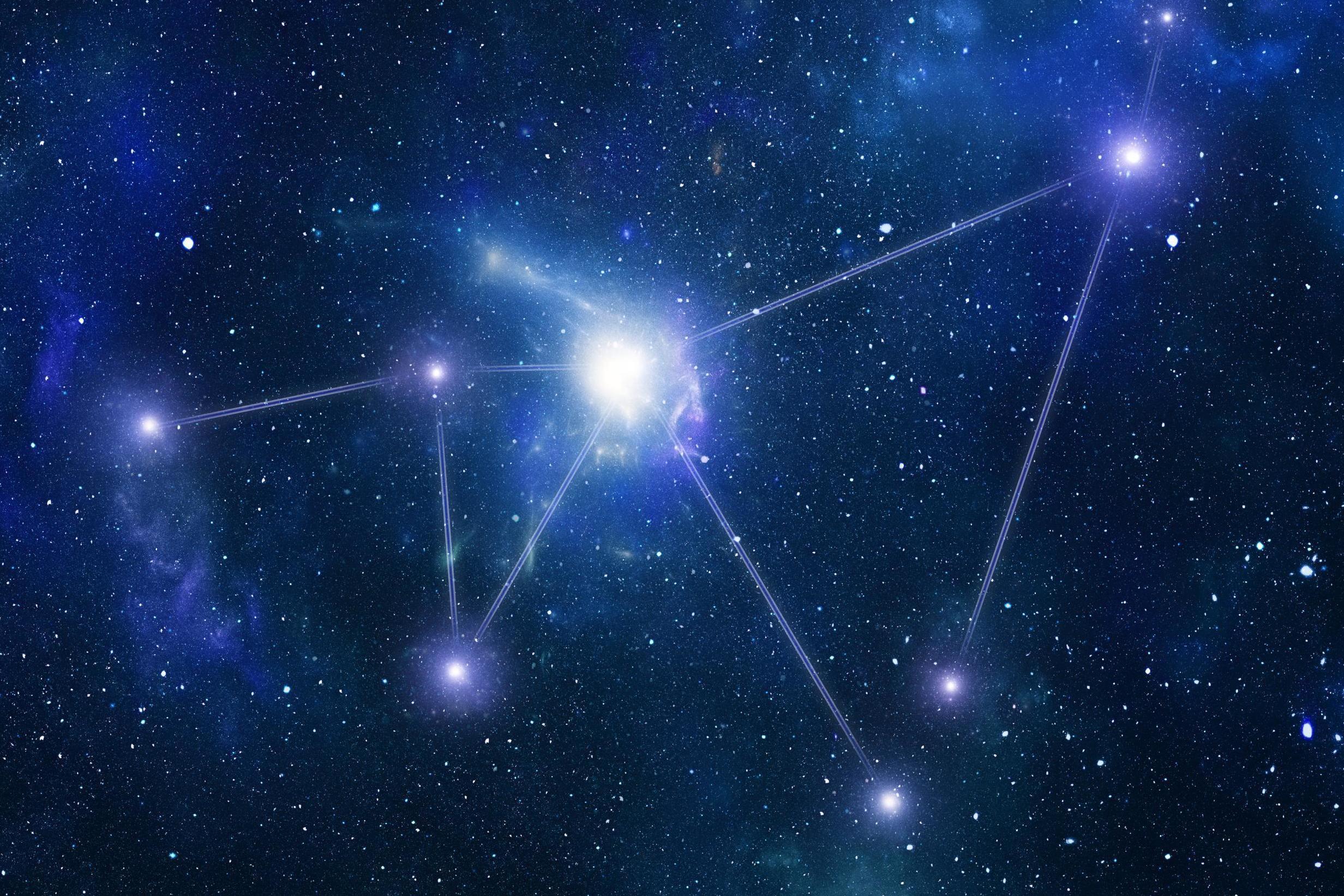Why your zodiac sign may not be what you think it is
Zodiac dates were correct 'about 2,000 years ago'

While most people are aware that astrology is not science-based, it can be difficult to convince believers that a person’s behaviour and luck isn't influenced by their star signs.
However, even the star signs we assign to people may be inaccurate, as the Earth’s wobble means the dates of the zodiac aren’t what they used to be thousands of years ago.
Zodiac signs were originally based on constellations of stars, with a person’s behaviours and fate governed by the position of the sun at the time of their birth.
But, as James Kaler, professor emeritus of Astronomy at the University of Illinois at Urbana-Champaign, explained in an article for The Conversation, astrological signs no longer line up with the zodiac because of “a wobble in the Earth’s rotational axis called precession.”
According to Kaler, precession causes the Earth to bulge slightly at the equator during its rotation. The gravity of the moon and sun then “pull on the bulge,” which causes Earth to wobble.
“The wobble causes the Earth’s axis, which is the centre line around which it rotates, to swing in a slow circle over the course of 25,800 years,” he wrote, adding that “this movement alters the view of the zodiac from Earth, making the constellations appear to slide to the east, roughly a degree per human lifetime.”
As Kaler told the Wall Street Journal, while the precession “sounds slow,” it changes the polestar, the star directly above the North Pole that marks due north.
For astronomers, the change means using coordinates, updated every 50 years, to find something in the sky.
But for astrologers, who still base Earthly matters on the sun’s first-reported passage through the constellations, the change has never been corrected - meaning the sun appears to pass through the constellations “around one month later than what is recorded in horoscopes”.
“About 2,000 years ago, the dates were correct,” Kaler told the outlet. “In another 24,000 years, they will be correct again.”
Join our commenting forum
Join thought-provoking conversations, follow other Independent readers and see their replies
Comments
Bookmark popover
Removed from bookmarks